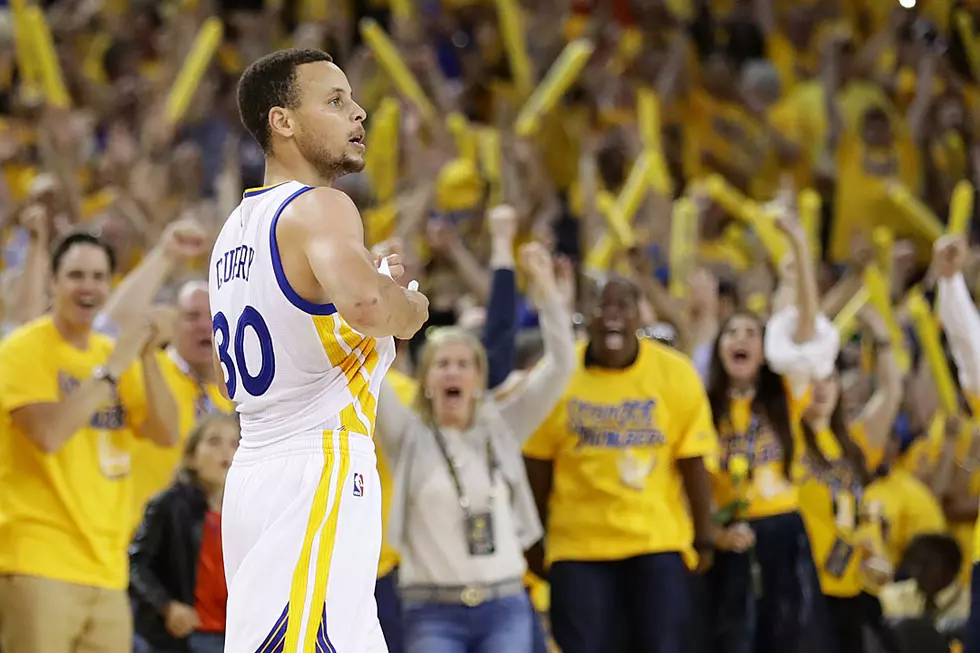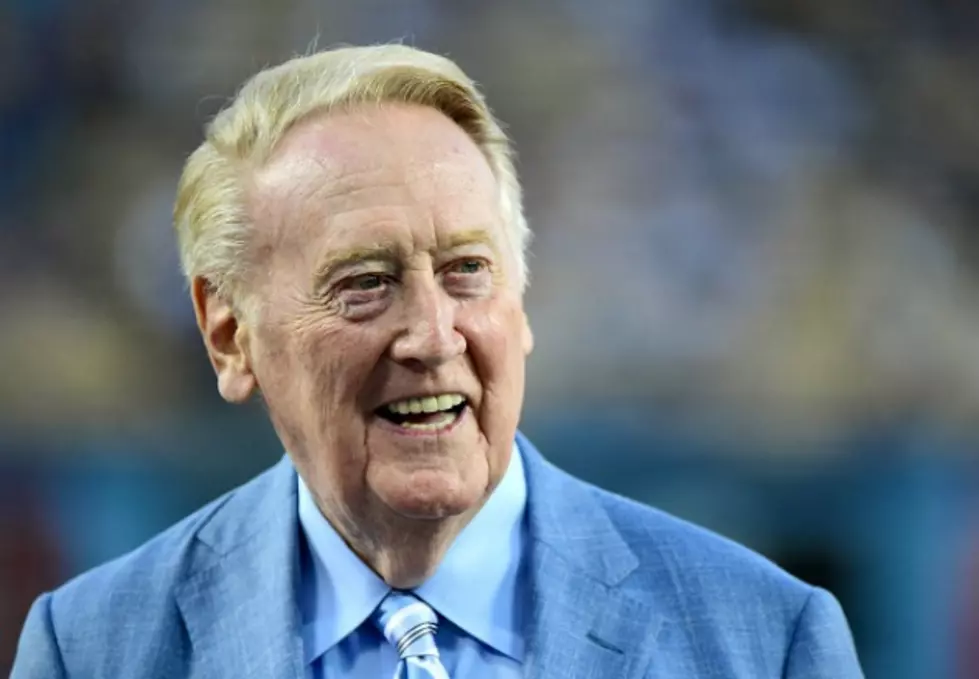
Minnesota’s Latest Sports Epidemic
An epidemic has been hitting professional sports cities across the nation.
The epidemic? Billionaire franchise owners using public funding to build their team's new stadiums. In Minnesota, this epidemic has hit the Cities three times in the past decade.
First came the Twins new stadium in 2010. After years and years in the now-demolished Metrodome, the Twins built the new Target Field.
Target Field cost in total $412 million to build. How much of that did the Twins owners, the Pohlad Family finance? Only 36.9 percent. Of the $412 million needed, the Pohlad Family, who according to Forbes is worth $3.8 billion, paid only $152 million of the cost leaving Hennepin county taxpayers to foot the remaining $260 million.
Second came the Minnesota Vikings stadium, which cost an approximated $1.087 billion to build. Zygi Wolf, the Vikings owner, isn't worth as much as the Pohlad Family at $1.3 billion according to TheRichest, but he still is paying only a few percentage points more than tax payers to build his new stadium.
Of the $1.087 billion Wolf and other private companies are paying 54.2 percent of the cost, or $589 million, leaving the remaining $498 million to be picked up by county and state taxpayers. Although I'll be the first to admit U.S. Bank Stadium looks awesome, and it isn't even finished yet, taxpayers shouldn't pay an equal amount, or in the Twins case more, than the billionaire owner.
This brings us to the past few weeks. With the passing of the latest state budget, something some states can't do (ahem...Illinois), Minnesota United FC got one step closer to building their dream stadium as a stadium property tax provision was included. The Loons will be joining MLS next season and with that jump up billionaire owner William McGuire, worth $1.2 billion according to Forbes, wants his team to have a new state-of-the-art facility to play in for their inaugural season.
The stadium is to be built in St. Paul's Midway district, and will cost $150 million to build. However, this is one example that is showing some progress in this epidemic. Of the previously stated $150 million tax payers will only have to pay $18.4 million, according to an estimate released by the team in February.
Is there a remedy to this epidemic? The revenue generated by professional sports franchises and by their leagues is astronomical and continues to rise thanks to huge television deals. With those revenues skyrocketing almost across the board, it only make sense for the teams, with help from the league, to fund the majority of their stadium projects even if it is through loans taken out from the county or state. With the number of jobs created and the economic benefits that an established professional sports team provides to a city, teams will never solely pay for their new stadiums. However, as long as they keep making money like they do, the higher percentage of funds should be provided by the owner, and not the fans.
More From KOLM - 1520 The Ticket









